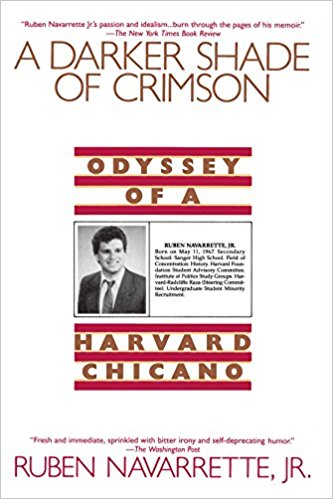Ay, Chihuahua!
A lot of U.S. columnists, TV commentators and radio hosts haven’t let a little thing like the fact that they know nothing about our neighbor to the south stop them from trying to explain the significance of Mexico’s presidential election.
This bitter cocktail of ignorance mixed with arrogance must be what some folks consider “American privilege.”
There is no disputing that, by electing Andrés Manuel López Obrador, Mexicans took a sharp left turn. AMLO, as he is commonly known, is a self-declared socialist who ran as a left-leaning populist who put Mexico first.
The victory was not unexpected. For several months leading up to the election, polls showed strong support for López Obrador and the party he created: El Movimiento Regeneracion Nacional (The National Regeneration Movement), or Morena.
The 64-year-old former mayor of Mexico City won about 53 percent of the vote — 30 percentage points more than the second-place candidate, Ricardo Anaya.
Yet, not long ago, this outcome was unthinkable. After all, López Obrador lost two previous bids for the presidency, in 2006 and 2012. After his first loss, he was ridiculed by the Mexican media for trying to set up a shadow government.
So what changed in such a short time? Some observers will cite the arrival — on the political stage — of a cynical carnival barker with a yuuuge knack for treating Mexico like a piñata.
Too many Americans hooked on opioids? Blame Mexico. Trade suffering from an “uneven playing field”? Blame Mexico. Too many immigrants eager to do the chores of everyday Americans? Blame Mexico.
Truth is, from what I’ve read and heard on Mexican media in recent months, AMLO’s win had little to do with Donald Trump. You can see how some people in both countries might have thought otherwise. Not long ago, AMLO compared Trump’s way of talking about Mexicans to how Nazis talked about Jews. He has also helped organize protests against hard-line U.S. immigration policies. And he vowed that — if he were elected — he would not allow Mexico to do Uncle Sam’s dirty work of keeping Mexican immigrants or Central American refugees from crossing north into the United States. But all Mexican politicians talk that way.
While Trump might think the hemisphere revolves around him, the Mexican people didn’t get that memo. The issues in this election were security, jobs, economic justice and an end to corruption — in other words, domestic concerns having nothing to do with the United States or its president.
Be prepared to hear in the days ahead that AMLO is nothing like Trump. Supporters of the Mexican president-elect will insist that he wants to uplift the destitute and the downtrodden, not insult and mistreat them.
Still, in terms of politics and personality, AMLO could be Trump’s brother from a Mexican mother. Both ran as political outsiders against the establishments in their respective countries. Both benefited from the fact that people were angry at the major parties and fed up with politics as usual. Both know how to get attention and manipulate the media. Both promise jobs and convince followers that the elites are out to get them. Both rode nationalist waves to power and tapped into the discontent of voters who felt overlooked by the powerful. Both are skeptical of trade deals and are convinced their countries got the short end. Both deflect criticism by making scapegoats out of neighboring countries. And both generate hope in some quarters but fear in others.
In fact, I predict Trump and López Obrador will get along just fine. They understand each other, even if they see the world differently. Who knows? They might even wind up amigos.
The day after the Mexican election, the two men spoke for about half an hour. López Obrador wrote on Twitter that “the tone was respectful,” while Trump predicted to reporters that “the relationship will be a very good one.”
Look at the long game. Mexico and the United States have been squabbling since the mid-19th century, when U.S. troops marched to Mexico City fueled by Manifest Destiny. Yet both countries need each other; Mexico is the United States’ No. 3 trading partner, and it is Mexican law enforcement officials who gather and share the intelligence that keeps Americans safe from terrorist attacks along the U.S.-Mexico border.
So, in spite of the mischief sometimes ginned up by politicians on both sides of the border, divorce is not an option, and the marriage remains strong.
Let’s hope the two amigos keep it that way.
Ruben Navarrette Jr. is a columnist for the Washington Post Writers Group. His email is ruben@rubennavarrette. com. His daily podcast, “Navarrette Nation,” is available on apps.





